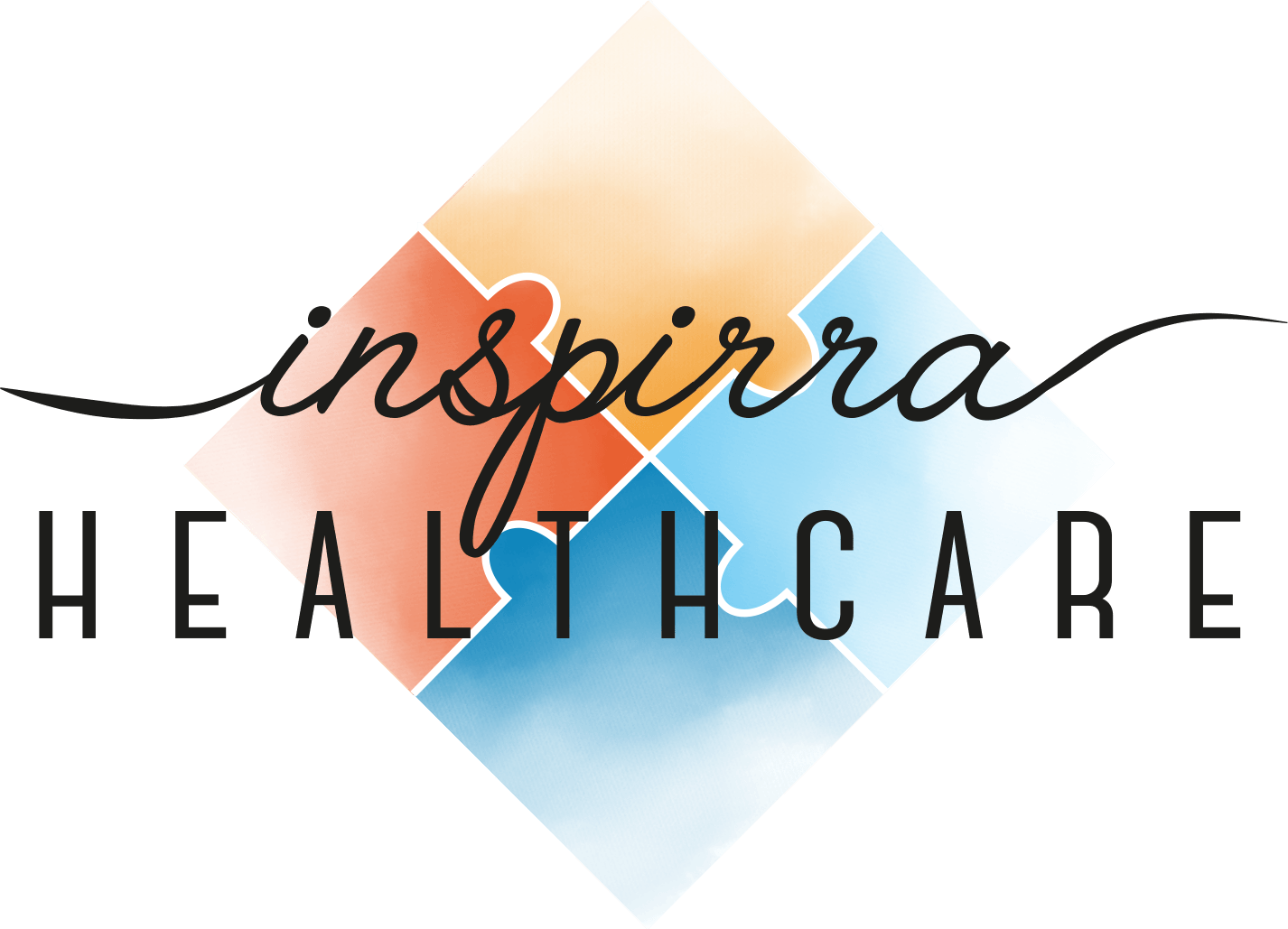Dietary Supplements : What is the Concern?
According to the National Institutes of Health- Office of Dietary Supplements, Americans spent over $36 billion on dietary supplements in 2014.
The 2015 Council for Responsible Nutrition survey, states 68% of US adults take a “dietary supplement” and 85% are confident about the safety, quality and effectiveness of “vitamins and minerals”.
However, dietary supplements are NOT regulated by the Food and Drug Administration (FDA). This means the manufacturers are responsible for labeling, quality, and safety standards. Why is this a concern?
Consider the facts: There are thousands of dietary supplements marketed by hundreds of companies both in brick and mortar stores and online. Additionally, online sales occur globally making it difficult for regulators such as the FDA to monitor and track websites, companies and products.
Manufacturers can have different ingredients, labels and levels of active ingredient(s) for any given product category. There are no standards for ingredients or labeling. For example, ingredient levels may exceed recommended daily allowance (RDA). Labels may be anything from “multivitamin” to specific categories such as “weight loss” “immune support” or “antioxidant”. This lack of standard can lead to side effects, adverse reactions and interactions with prescription and over the counter medications. Products may also be tainted with undisclosed ingredients, such as a prescription medication.
It is therefore important to discuss dietary supplement use with your health care provider. This includes your physician(s) and pharmacist(s). Your healthcare provider can help you select from trusted brands based on their knowledge and experience, as well as monitor for adverse reactions or interactions. Just because a product label says it is “natural” doesn’t mean it is safe, effective and of high quality.
Also, if you purchase a supplement and don’t let your pharmacist know, this can create a gap in your profile that can lead to an unintentional drug interaction with serious consequences.
If you take dietary supplements, consider subscribing to FDA’s RSS feed to receive important information on supplement recalls or alerts: http://www.fda.gov/AboutFDA/ContactFDA/StayInformed/RSSFeeds/TDS/rss.xml
To report dietary supplement adverse reactions to the FDA
MedWatch Program at:
- 1-800-FDA-1088 (toll-free phone number)
- 1-800-FDA-0178 (fax)
- Online Reporting: https://www.safetyreporting.hhs.gov
Reporting allows FDA to keep consumers safe by investigating reports and monitoring specific issues, whether it is a manufacturer or an ingredient.
Malini Ghoshal RPh, MS


